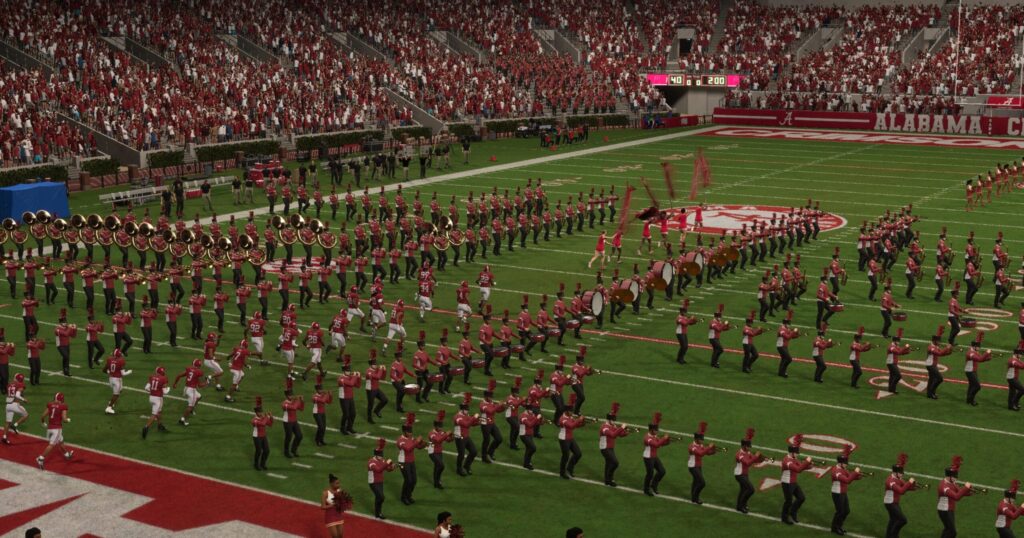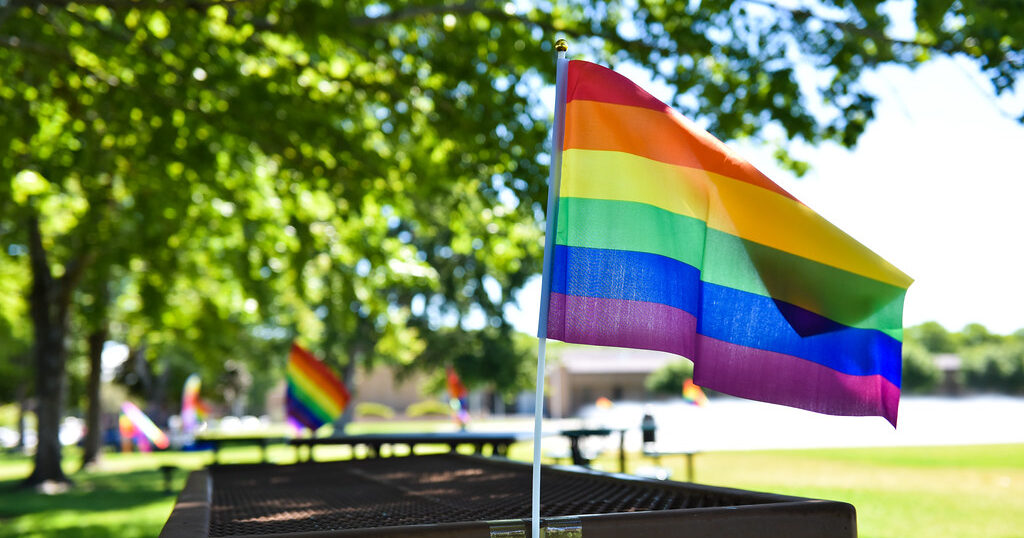Reviewed by: Caleb Turrentine
What is a jubilee + why do coastal Alabamians love them?
Reading time: 3 minutes

It’s a phenomenon that happens in only two places—Mobile Bay and Tokyo Bay Japan. Hundreds of fish and shellfish washed ashore, just waiting for anglers’ nets to snatch them up.
You might know a jubilee as an important anniversary, or something more Biblical—but on the Eastern Shore of Mobile Bay, they’re a valid reason for coming to work late each Summer.
Read on for an introduction to the wonderful world of jubilees and the delectable seafood that follows.
What is a Jubilee—the basics

A jubilee happens when pockets of deep, salty, oxygen-poor water in Mobile Bay are swept upwards with the rising tide. As the tide comes in, fish that can’t swim over those pockets of water are swept ashore, too.
Since the water is low-oxygen, the fish are stunned and not moving around much. In fact, you’ll often see them breaching the surface to get oxygen from the air. That’s when locals swoop in, gathering up fish and shellfish by the bucketful.
Here’s a short list of species you may see in a jubilee, according to the Alabama Cooperative Extension (ACES):
- Flounder
- Stingrays
- Eel
- Blue crab
- Shrimp
- Bay whiffs
- Hogchokers
- Shiners
- Anchovies
- Needlefish
- Juvenile catfish, croaker, + spot
Jubilees don’t “just” happen, although there is evidence that Mobile Bay has the most frequent and predictable jubilees. The most recent confirmed one was June 12. It takes a very specific set of water conditions for one to happen:
“They occur only in the summer, usually in the early morning before sunrise. The previous day’s weather conditions must include an overcast or cloudy day, a gentle wind from the east, and a calm or slick bay surface. Also, a rising tide is necessary; a change to a falling tide will stop the jubilee. It takes a combination of all these conditions to produce the phenomenon.”
Richard K. Wallace and William Hosking for ACES
Jubilees typically end at sunrise, when the light gets photosynthetic microorganisms pumping out oxygen—and the sea creatures scurry back off to deeper waters.
Why locals love jubilees
There is something to an ephemeral experience—here one second, gone the next. That’s what jubilees capture. For an area full of anglers and folks who love seafood, jubilees offer a one-of-a-kind (technically, two—but who’s counting) fishing experience.
Jubilees have an air of exclusivity to them, too. They mostly occur on the Eastern Shore of Mobile Bay—from just north of Daphne (the Jubilee City) south to Point Clear. That’s just 15 miles of shoreline. Sometimes, a jubilee will happen on Mobile’s western shore of the bay, but those are less common.

News of a jubilee usually travels by word of mouth. Nowadays, there are entire Facebook groups dedicated to alerting folks when one happens.
Of course, none of those reasons touch on the scrumptious seafood scooped up during a jubilee—that’s reason number one.
It is important to note that participation in a jubilee requires a recreational saltwater fishing license and free saltwater angler registration. Any and all harvest regulations on size, quantity and species collecting are still in effect during a jubilee. These regulations are strictly enforced by wildlife officials.
Have you seen a jubilee? Post a pic and tag us on Instagram, Facebook or LinkedIn!







